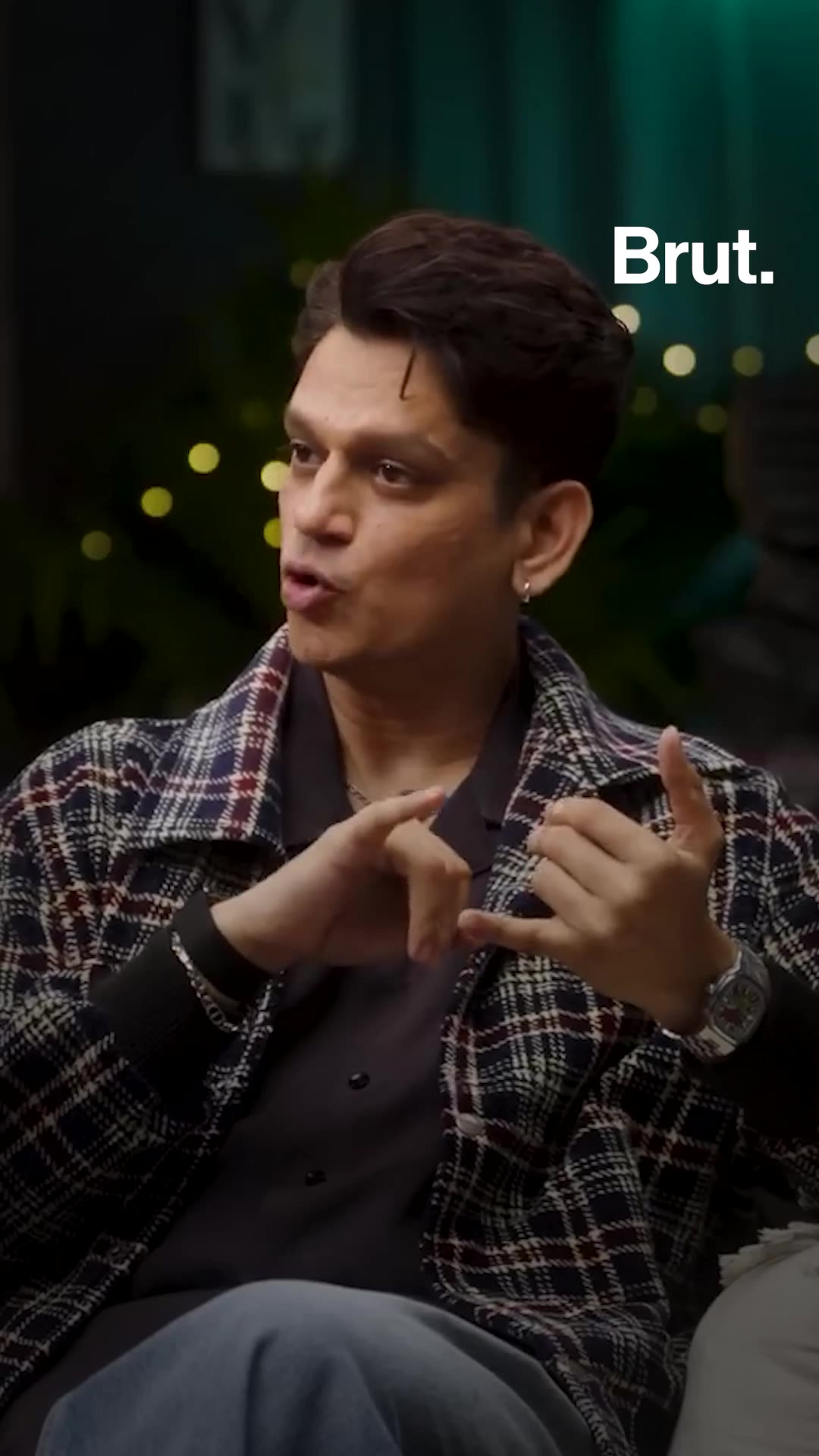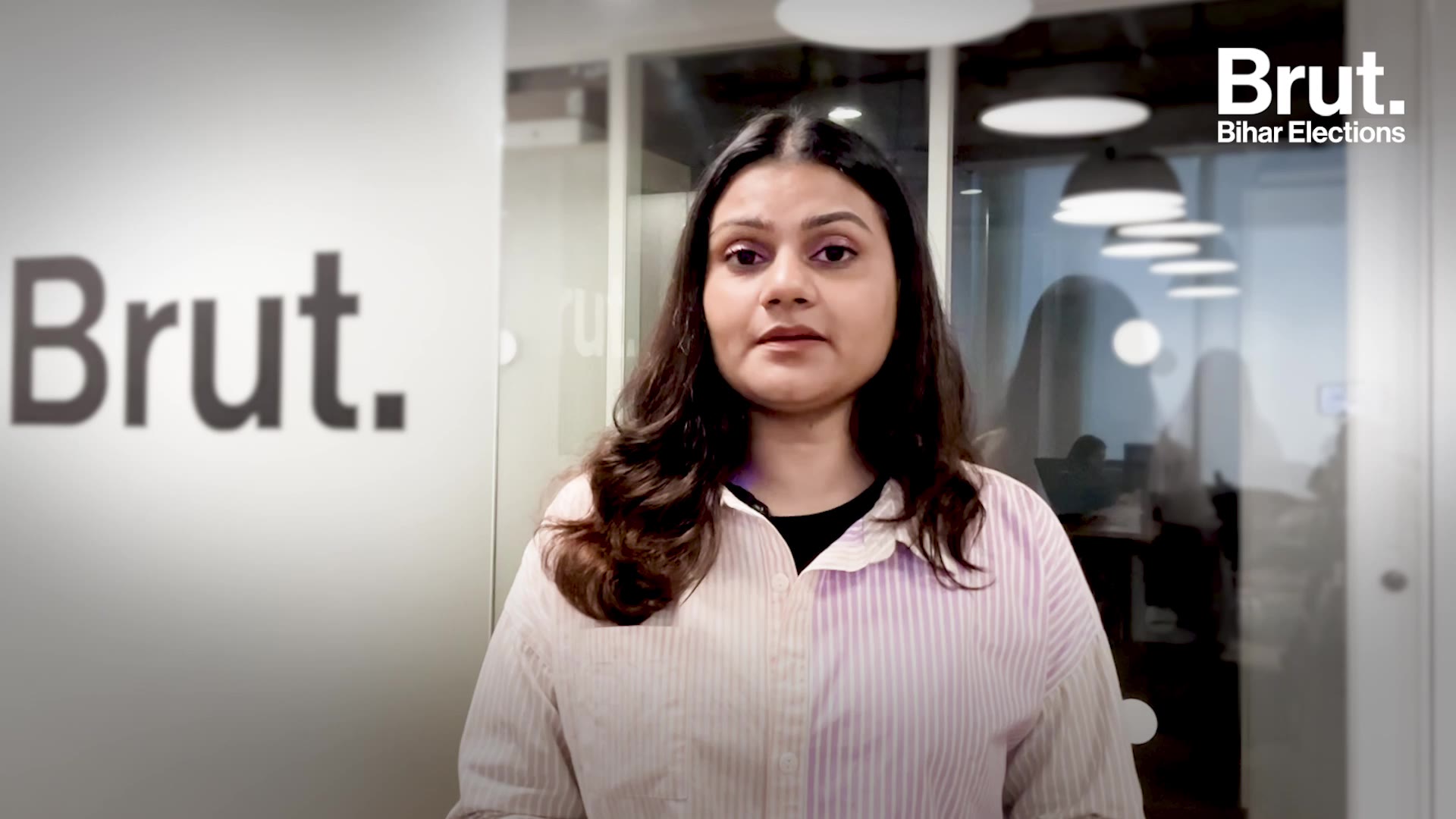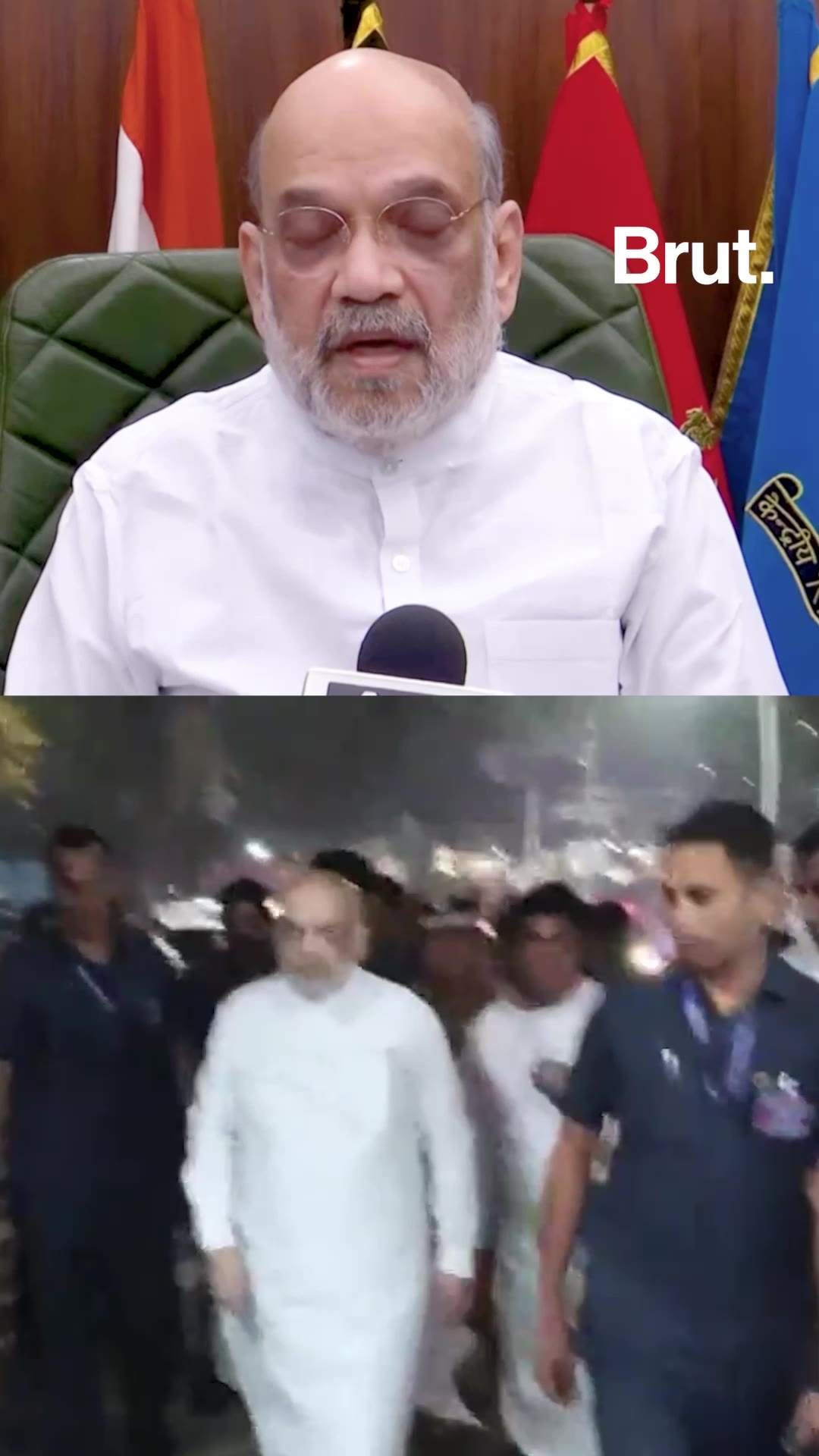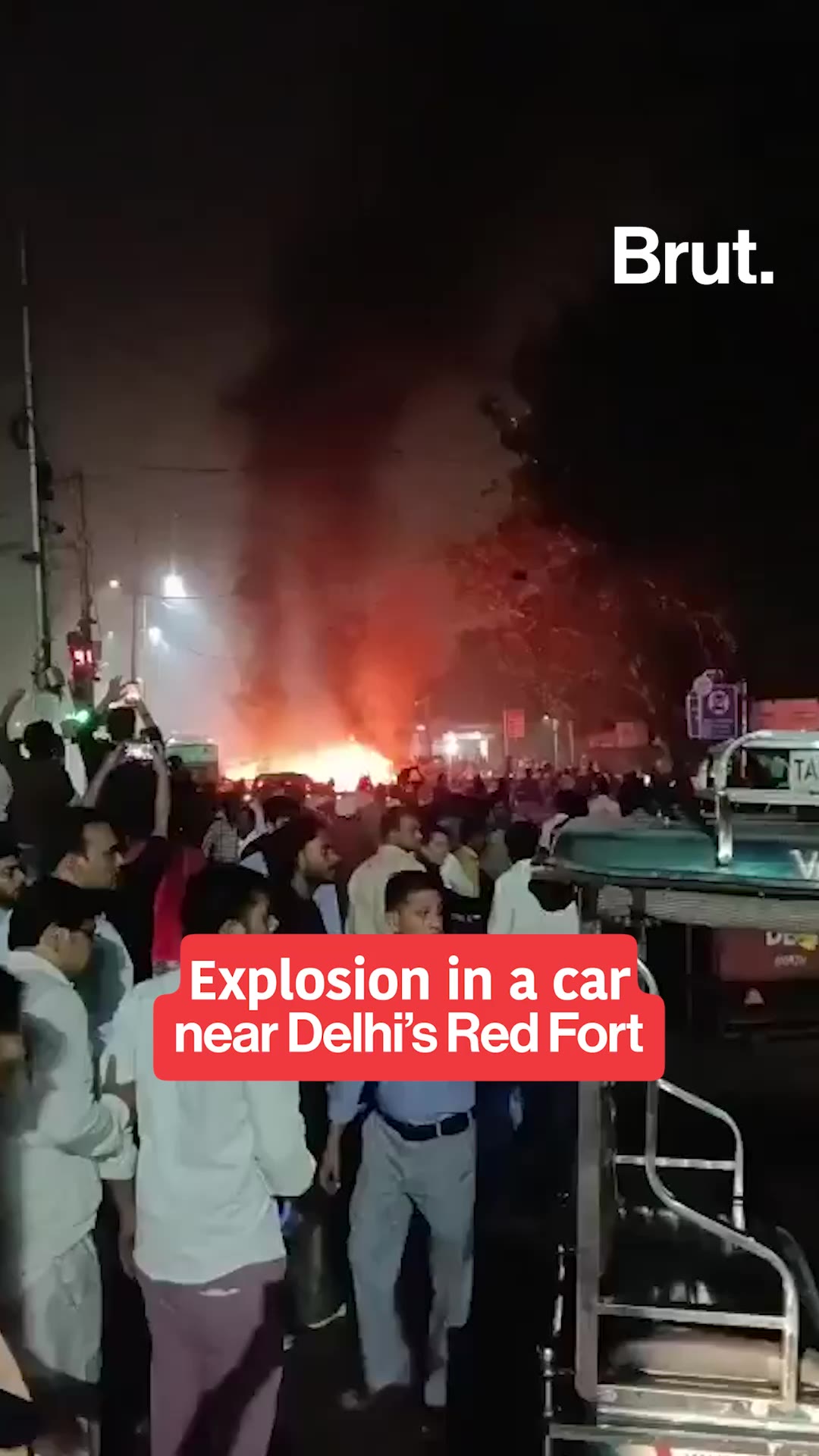“I know some of you have expressed concerns about my age. That’s why this weekend I’ll be making a change. I’m turning 34.”
With that line, Zohran Mamdani, the 34-year-old assemblyman from Queens, opened one of his most viral campaign videos. But behind the humour lies the story of an unconventional politician who’s redefining what leadership looks like in America’s biggest city.
Born in Kampala, Uganda, to Indian immigrant parents, Mamdani moved to New York at the age of seven. His mother, Mira Nair, is an Oscar-nominated filmmaker known for Monsoon Wedding, Salaam Bombay! and The Namesake, and his father, Mahmoud Mamdani, is a renowned anthropology professor at Columbia University. Growing up between worlds, Mamdani developed a sharp awareness of identity, inequality, and belonging: themes that would later shape his politics.
He attended The Bronx High School of Science and graduated with a degree in Africana Studies from Bowdoin College. Before entering politics, Mamdani worked as a housing counselor, helping low-income New Yorkers avoid eviction, an experience he credits with sparking his passion for public service.
But politics wasn’t his first stage. For a while, Mamdani was a rapper, performing under the names Young Cardamom and later Mr. Cardamom, blending South Asian sounds with New York hip-hop. Though he never achieved mainstream success, calling himself a “C-list rapper,” the creative hustle and rhythm of his music career would later flow naturally into his political communication style.
Mamdani’s formal political journey began in 2020, when he ran for the New York State Assembly and won, defeating a long-serving Democrat. Identifying as a Democratic Socialist, he championed issues such as housing justice, free public transit, and stronger tenant protections.
His 2025 mayoral campaign took these ideas further, proposing free citywide buses, universal childcare, rent freezes, city-run grocery stores in every borough, and higher taxes on millionaires to fund these programs. His message was clear: build a city that works for all New Yorkers.
But it wasn’t just his policies that drew attention; it was his politics. Mamdani made headlines with stances like calling Israel’s actions in Gaza “genocide” and declaring that he would have Israeli Prime Minister Benjamin Netanyahu arrested if he ever visited New York. In India, he courted controversy by referring to Prime Minister Narendra Modi as a “war criminal”.
In the U.S., he was sharply critical of Donald Trump’s immigration policies, describing deportations and border crackdowns as “inhumane and racist”. His outspoken support for Palestine led to accusations of antisemitism, which Mamdani firmly rejected. “I’ve said at every opportunity that there is no room for antisemitism in this city, in this country,” he said, emphasising that his criticism was aimed at governments, not communities.
As the first Muslim elected official to run for mayor of New York City, Mamdani often spoke about being targeted for his faith. Yet his campaign also embraced his religious identity proudly, from visiting mosques to sharing a video of himself breaking his Ramadan fast on the subway. “One thing I’ve learned,” he said, “is that when you’re the first Muslim to ever run for mayor, people say some pretty wild things.”
His grassroots campaign became a movement. Over 22,000 volunteers joined Team Mamdani, with a digital strategy that blended humor, memes, and politics in a way that’s rarely seen in U.S. campaigns. He teamed up with comedians and TikTok creators, using pop culture and wit to explain serious issues, from housing crises to transit reform.
Mamdani’s Indian and immigrant roots also featured prominently. Whether he was speaking in Hindi, Bangla, Spanish or Arabic, or using a mango lassi to explain ranked-choice voting, his multilingual approach connected deeply with New York’s diverse immigrant communities, who make up nearly 36% of the city’s population.
That connection paid off. Mamdani eventually became the Democratic nominee for Mayor of New York City, defeating political heavyweight Andrew Cuomo, a former governor and son of a former governor.
“I’ve sought to be the candidate fighting for everyday New Yorkers, not simply the Muslim candidate,” Mamdani said after his win. “If I could build a campaign of universality, I could define myself as the leader I aspire to be, one representing every New Yorker, no matter their skin colour or religion.”
From a “C-list rapper” to a front-running mayoral candidate, Zohran Mamdani’s rise represents more than just political ambition; it’s a generational shift. His campaign embodies a new kind of politics: bold, inclusive, and deeply online.
And, as he once joked, he may be turning 34, but his ideas might just redefine the next 30 years of New York City.














